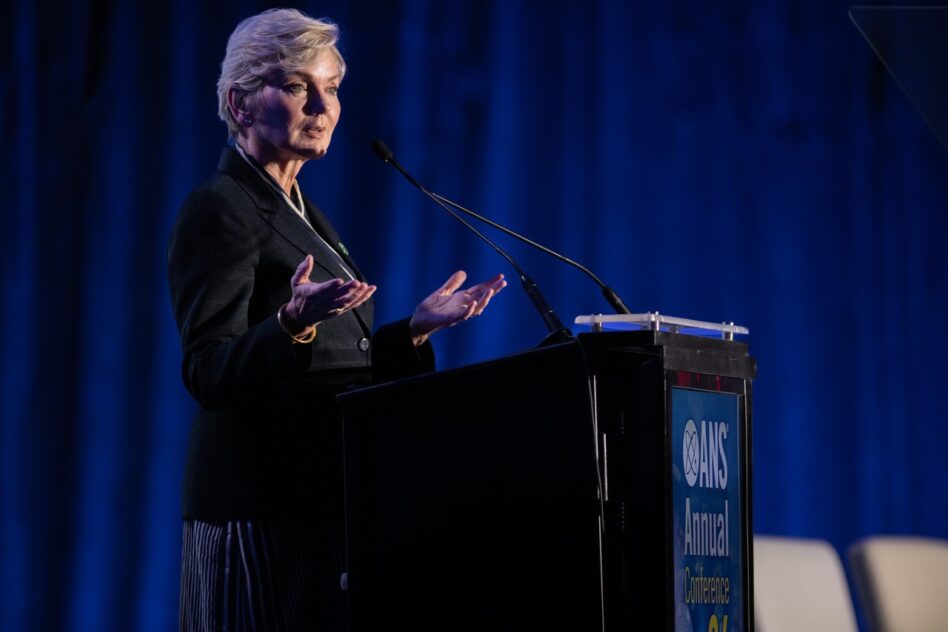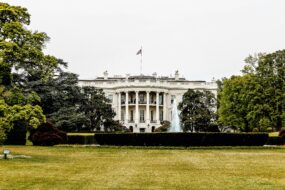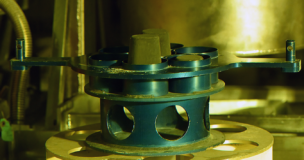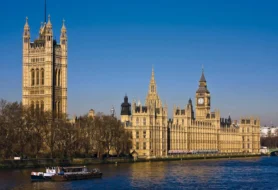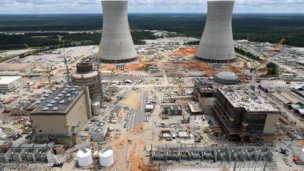The first companies to deploy a new technology—like an advanced reactor, for example—take on a lot of risk in the process. This week at the ANS summer meeting, US Secretary of Energy Jennifer Granholm announced a new DOE funding initiative to ease that first-mover burden.
The support is coming in the form of up to $900M for teams of reactor developers, contractors, and offtakers to develop advanced light water reactors (LWRs) and SMRs, including funding set aside to address gaps in design and licensing support.
“We’re bringing everything…to the table to make it feasible for nuclear to respond to this massive and growing demand for clean power,” Granholm said. “So let’s find ways to team up, to share risk, to look for innovative ways to finance construction.”
The details: The funding is coming from the Bipartisan Infrastructure Law, and the $900M total is divided into two buckets:
- $800M for up to two teams to deploy a first-of-its-kind Gen III+ plant and build out real commercial opportunities.
- $100M to fill in gaps throughout the process, making subsequent advanced reactor deployments easier.
The agency has published a notice of intent to seek proposals for this funding, and it plans to release an official solicitation this summer or fall.
Lead Reporter of Ignition
